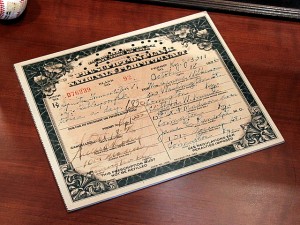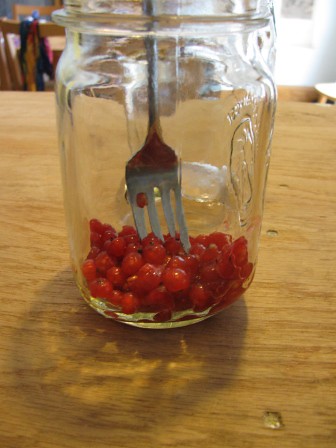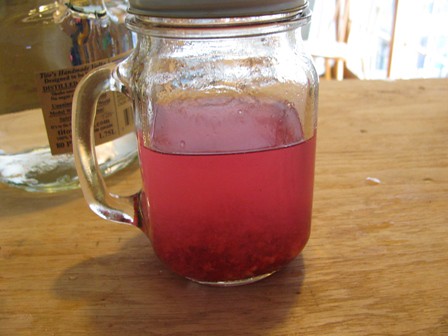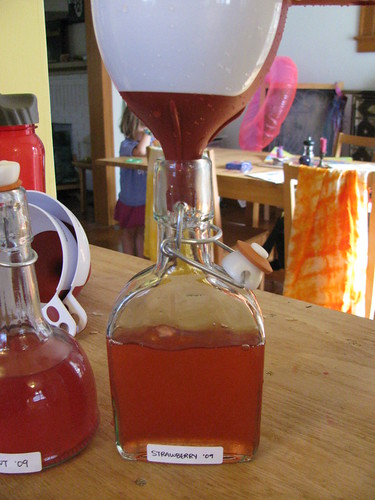I'm not back quite yet. April Fools! I convinced one more person to write for me this week, my husband Alex. Here's a little bit from him about beer brewing. If you want more details or a tutorial, let me know in the comments.

I've been brewing beer for over a decade now. The justification at first was that I could save money by brewing my own tipple. However, between the cost of the equipment and the beer kits the savings just never materialized. The kits contained liquid or dry malt extract which is fairly expensive thus I moved to the next stage of brewing: all grain.
In 2003, I set up a mash-tun and started brewing from grain. Grain costs less than extract but it still couldn't cover another cost increase: drinking good beer makes you want to buy more and different kinds of expensive, good beer. The moral here is don't expect to save money brewing beer.
Here are the five real reasons I brew my own beer:
1. The satisfaction of a homemade product - I like being able to serve and see people enjoying something I have made.
2. Having beer on tap in my basement - Ever since I went to kegs, it is awesome to be able to walk downstairs and come back up with a pint of draft beer.
3. Brewing styles that are hard to buy - Ales and lagers are everywhere, but styles like Kolsch, Altbier and some of the more exotic Belgian ales are harder to come by. If you brew it yourself, any style is easily within reach.
4. Fermentation and yeast are awesome - There is something magical about using yeast in food production. I bake bread as well and love the smell of yeast loaves rising. Watching beer ferment is fascinating as the yeast flocculates, rises and swirls around in the carboy.
5. The vocabulary - What other hobbies have words like: sparge, wort, mash tun, trub, strike, flocculate, lovibond and others. All of these describe some aspect of the brewing process as well as just being fun to say.





